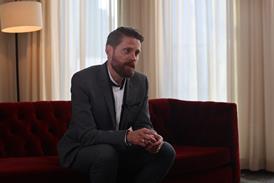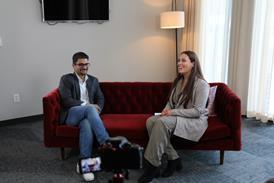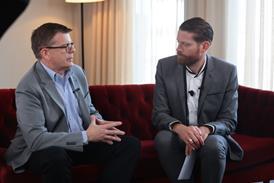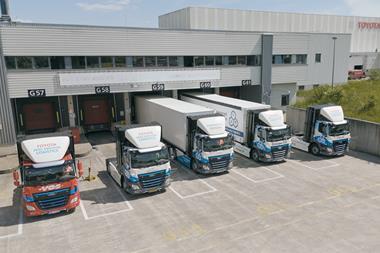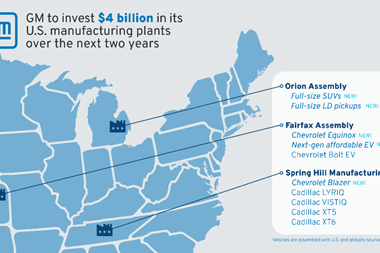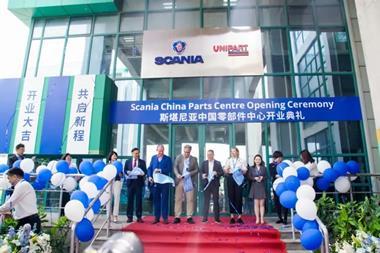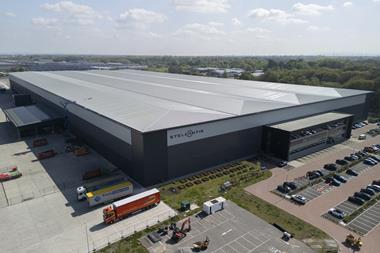BMW has signed up to a pilot project to improve conditions for cobalt miners, their families and neighbouring communities in the Democratic Republic of the Congo (DRC).
With batteries in high demand given the boom in electrical vehicles, global companies such as BMW have been turning their attention to how cobalt is sourced.
In the case of supplies from the DRC, home to most of the world’s known cobalt reserves and accounting for 60% of global supply, it is a tainted commodity. Up to a fifth of extraction in the central African country is via small-scale subsistence (or artisanal) mining which, activists say, is rife with human rights abuse, the use of child labour, poorly enforced labour laws, and health and safety issues.
BMW has chosen to acquire cobalt from mines directly and will not source from the DRC because of the risk of human rights violations. At the same time however, the Munich-based group has also signed up to a pilot project that should improve the living and working conditions of miners at the selected mine site, their families and the neighbouring community in the DRC, a BMW spokesperson told Automotive Logistics. The outcome should be scalable, allowing for the experience gained to be transferred to other mines.
Among life-improving measures planned are: installing proper tunnel support (something lacking in most small-scale mines) with advice from mining experts; issuing safety equipment to the miners; providing them with protective masks to guard against respiratory diseases caused by working at dusty mine sites; spraying water to reduce dust in the first place; and covering mine waste to lower the risk of water pollution (a legacy problem from decades of mining in the DRC).
To counter the problem of child labour, mandatory age controls will be carried out at the mine and access to schooling made easier for families.
The BMW spokesperson said: “Child labour plays an important role in artisanal cobalt mining. Although they usually do not work in tunnels, children carry heavy bags to the depots or help wash the cobalt in a nearby river. Children thus contribute to the family income. However, the problem is obvious: children suffer from the hard work and partly miss school because of it.”
BMW has joined compatriot chemical company BASF, battery producer Samsung SDI and battery consumer Samsung Electronics of South Korea, as well as German international co-operation organisation, Gesellschaft für Internationale Zusammenarbeit, in establishing the pilot project, which will see the selected mine being operated by a local cooperative.
The companies said the initiative, planned to last three years, is noteworthy because it marks the first time businesses in the automotive, chemical and consumer electronics industries have come together to meet the challenges of artisanal cobalt mining in the DRC.
Looking longer term, the BMW spokesperson said: “It is necessary for the DRC that there’s no risk of human rights violations in any mine to become an option for direct cobalt sourcing by the BMW Group.”
BMW joined in the Responsible Cobalt Initiative back in 2016.




